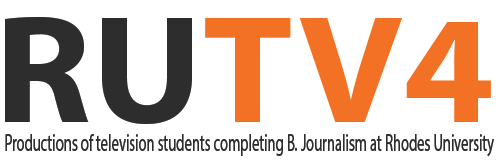Posted by
Paddy on Sep 23, 2014 in
2014,
Investigative |
0 commentsInvestigative report by Natalie Austin & Taryn Isaac
In 2013, a student from Rhodes University wrote an article revealing a silenced reality.
This piece expressed by Siyanda Centwa, was based on his experiences transitioning from Grahamstown East to Rhodes campus. “Not a Place for Peasants”, an article in the series for Grocott’s Mail, “Tales of a Divided City”, highlighted issues of social stratification. As fourth year television students of Rhodes University, we used Centwa’s article as a platform to investigate the concept of a silence on class experiences in tertiary institutions.
This film project began as an investigation of general class experiences by Rhodes students. The university is considered to mainly be a middle class space, in which students who come from other backgrounds feel an initial sense of marginalization. This contrast of experiences and acceptance led to a variety of social outcomes. These came in the form of bullying, isolation, or attempts to conform to a middle class standard. Centwa relayed some of his experiences in the article which were captured in his film interview.
We approached students and experts on campus concerning their personal perceptions on the existence class divisions that have not been acknowledged and subsequently resulting in “a silence”. Not everyone shared the same sentiments of this claim, but many discussed the sociological challenges of such a diverse community at the institution. This was observed in many interviews and group discussions held during the production of the documentary film.








